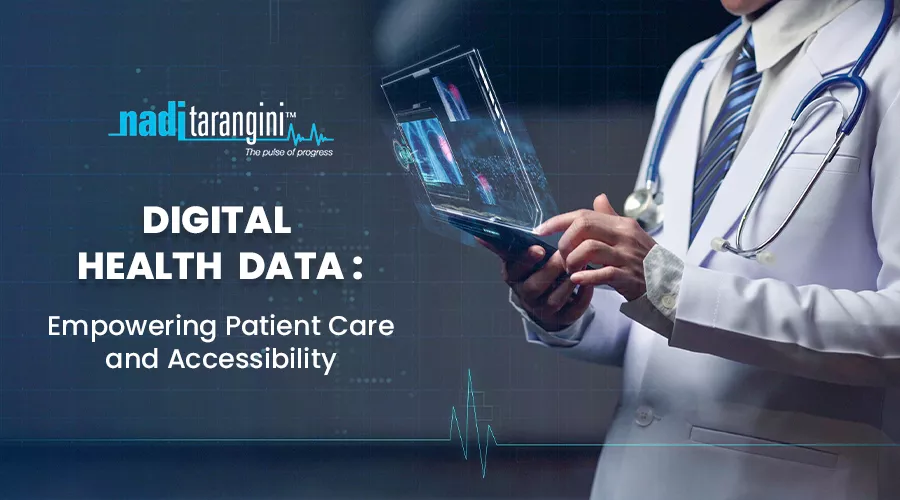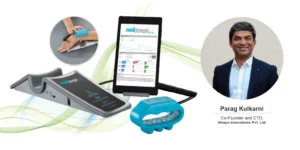In the realm of healthcare, the landscape of data collection and storage has undergone a revolutionary transformation with the advent of digital health data. This shift from paper-based records to digital formats has ushered in a new era, significantly impacting patient care, accessibility, and overall efficiency within the healthcare sector.
Medical health data, encompassing an individual’s health history, treatment reports, and vital health metrics, has historically been recorded on paper. However, this traditional method posed several limitations, leading to the emergence of modern technology solutions for recording and storing data in digital formats.
The transition to digital health data has been catalyzed by an array of technological advancements and innovative devices. Wearable technologies like GOQii, Apple, and Fitbit, along with devices such as oximeters, glucometers, digital blood pressure monitors, and cutting-edge diagnostic devices like Nadi Tarangini, have enabled the seamless recording and transmission of medical information, allowing for easy identification and access as needed.
Different types of health data records have been consolidated into various categories to form a comprehensive overview of an individual’s health:
Clinical Data: Encompassing medical history, diagnoses, medications, vaccinations, lab results, and surgical history.
Demographic Data: Including age, sex, nationality, and other pertinent personal information.
Psychosocial Data: Involving psychological health and social status.
Lifestyle Data: Covering habits, interests, and hobbies.
Genomic Data: Encompassing genetic information and its impact on growth and development.
These data types are classified as structured or unstructured. Structured data is standardized and easily transferable between systems, while unstructured data, like physician notes or audio recordings, lacks standardization.
Advantages of Digital Health data over paper-based health data:
Advantages of Digital Health data | Challenges of paper-based health data |
The digital medical health data storage requires only a cloud server where the data can be stored and sorted in the required manner. | Paper based data requires larger physical space to store thousands of papers, files, and reports. Maintenance cost was quite high. |
Composition and storage of digital forms of medical data is in a standard format. Hence it is easily accessible when required. | This kind of data had different kinds of handwriting for different sections and caused inconvenience to access. |
Digital medical data is available at a click anywhere around the globe, thus convenient for remote consultations. | Paper based data was not portable due to distance and due to weight issues, thus unable to consult remotely. |
In this form of medical data, the percentage of error is very negligible. | Paper based data had a high percentage of error. |
Digital medical data gives efficiency to the organization. | Paper based data was a very time-consuming affair. |
However, digital health data isn’t without limitations. Challenges such as limited technology infrastructure, staff resistance to adopting new systems, data illiteracy, and concerns about privacy and security persist.
To harness the benefits of digital health data, organizations can consider customized software solutions while also incorporating sections of paper-based data. This approach accommodates limitations and specific needs while enabling efficient retrieval of information for patient care, clinical research, and further development within the healthcare sector.
As we embrace the digitalization of medical health data, the potential for enhancing healthcare accessibility, quality, and research capabilities becomes increasingly evident. Exploring and integrating these digital solutions promises to revolutionize healthcare, ushering in a future of enhanced patient care and medical advancements.
Let’s explore and welcome digitalization of the medical health data for our ease and progress!!!
To learn more and to go digital with Nadi Tarangini, visit the Nadi Tarangini home page or contact us at +91 9168616013.




